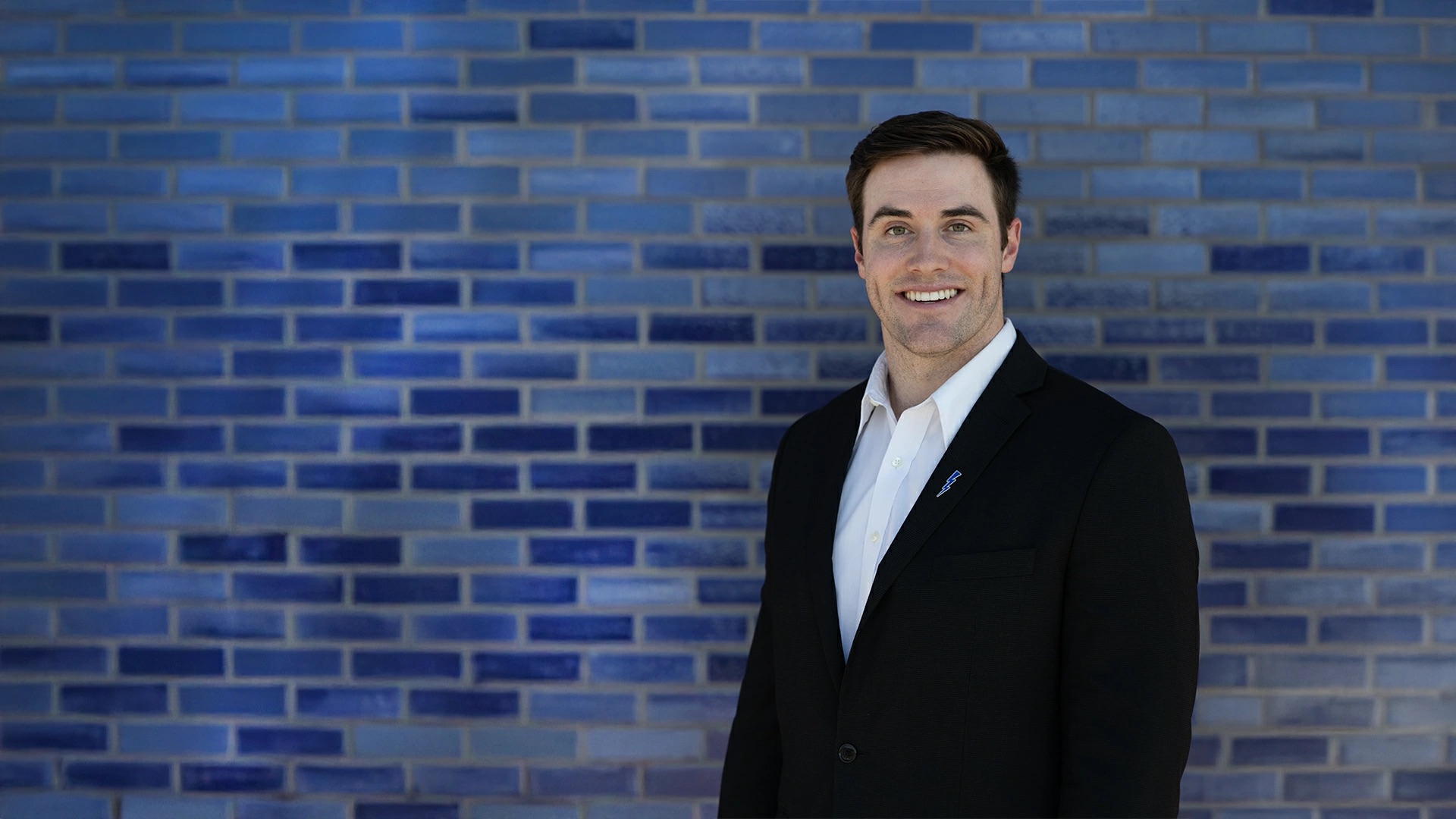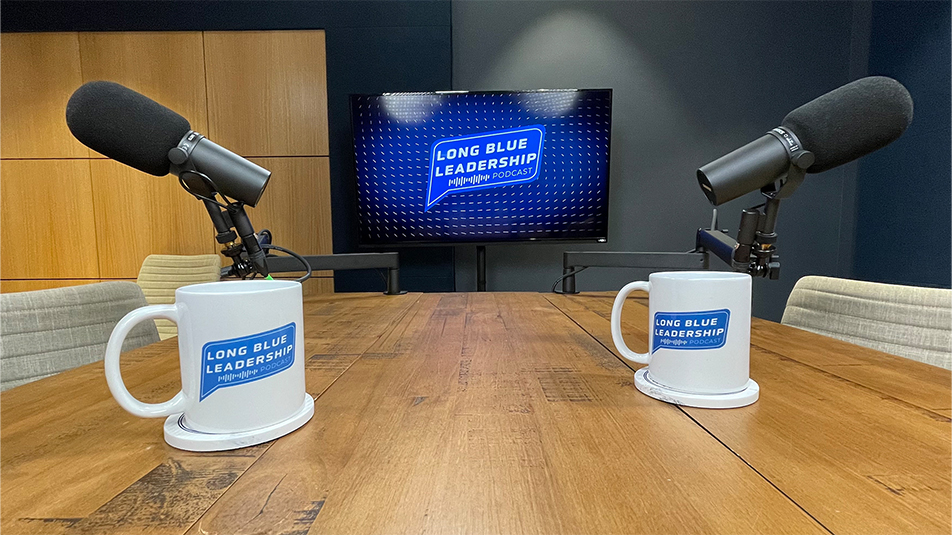Long Blue Leadership:
Capt. Garrett "Kap" Kauppila '19
The Gratitude Edge
SUMMARY
As a U.S. Air Force Academy cadet, now-Capt. Garrett “Kap” Kauppila ’19 experienced a life-changing moment involving his older brother. That trial taught him success doesn’t involve rank — it’s about being present, showing gratitude and supporting others.
KAP'S LEADERSHIP TAKEAWAYS
- Never take moments with loved ones for granted - cherish every interaction
- Treat everyone with equal respect, regardless of rank or position.
- Find your authentic leadership style - don't try to imitate others.
- Root yourself in gratitude to increase your overall happiness.
- Fill your own "glass" first before trying to pour into others - self-care is crucial.
- Wake up early and accomplish tasks to get ahead of your day.
- Pursue what truly matters to you, not what others expect.
- Be willing to invest in yourself and sometimes work for free to prove your value.
- Ask "why" to understand the root cause of people's challenges and needs.
- Leadership is about showing genuine care, being consistent, and helping others increase their opportunities.
CHAPTERS
BIO

Capt. Garrett “Kap” Kauppila ’19 is a graduate of the United States Air Force Academy, where he distinguished himself both academically and athletically. A native of Rocklin, California, he played defensive back for the Falcons and maintained strong academic performance throughout his time at the Academy. After graduation, Capt. Kauppila has served in the Air Force in various capacities, including as an instructor. His leadership approach is informed by both the discipline of his military career and his commitment to continual self‑improvement.
One of the pivotal moments in Capt. Kauppila’s life was when his older brother, Kyle, suffered a near‑fatal motorcycle accident leading to a stroke. During that time, Garrett balanced intense emotional and physical challenges—on top of his duties and studies—taking time off, helping with his brother’s care, and eventually returning to finish strong at the Academy with a 3.85 GPA. This period deeply shaped his philosophy of leadership: the idea of the “glacier theory,” which emphasizes looking beneath the surface to understand people’s motivations and struggles, and recognizing that many uphill battles are won by small, consistent adjustments.

